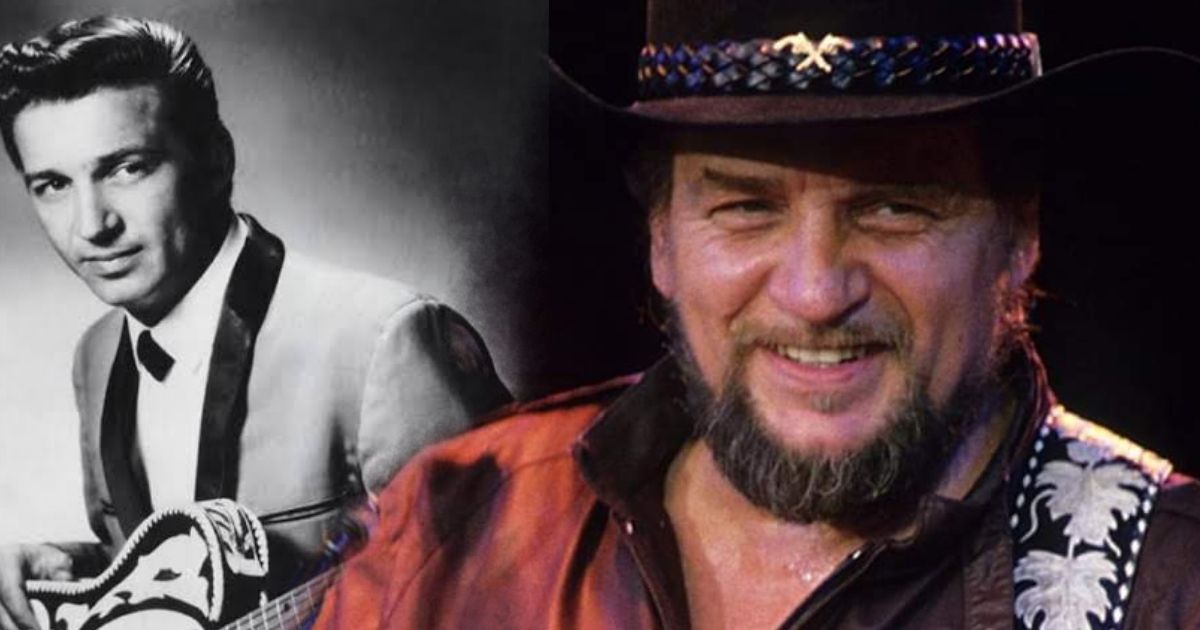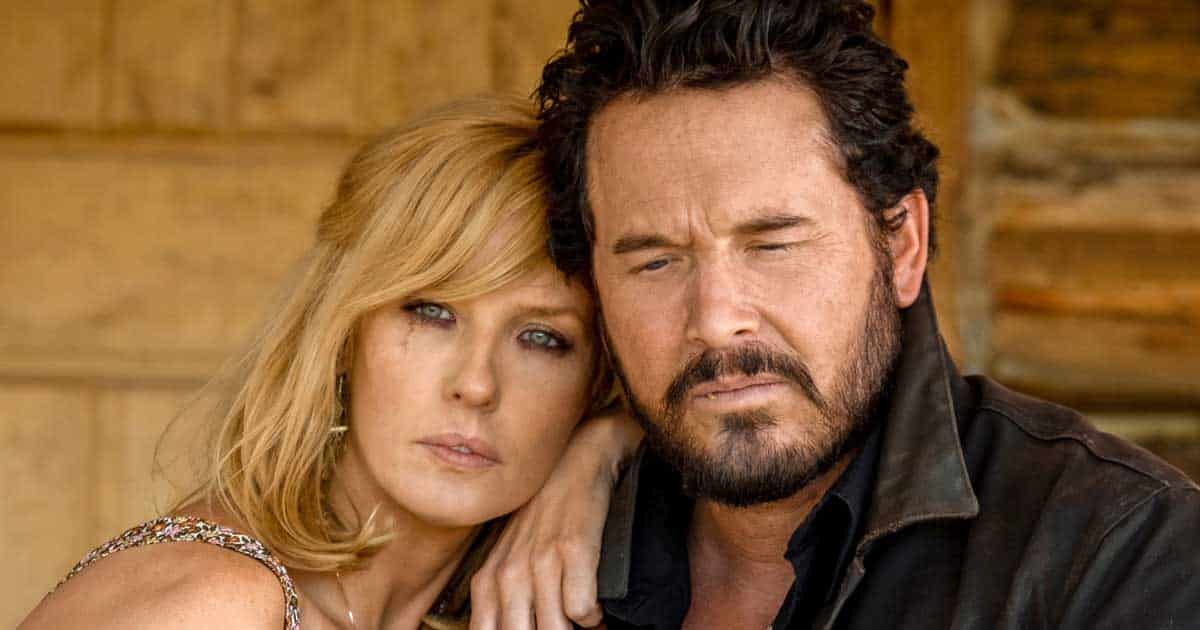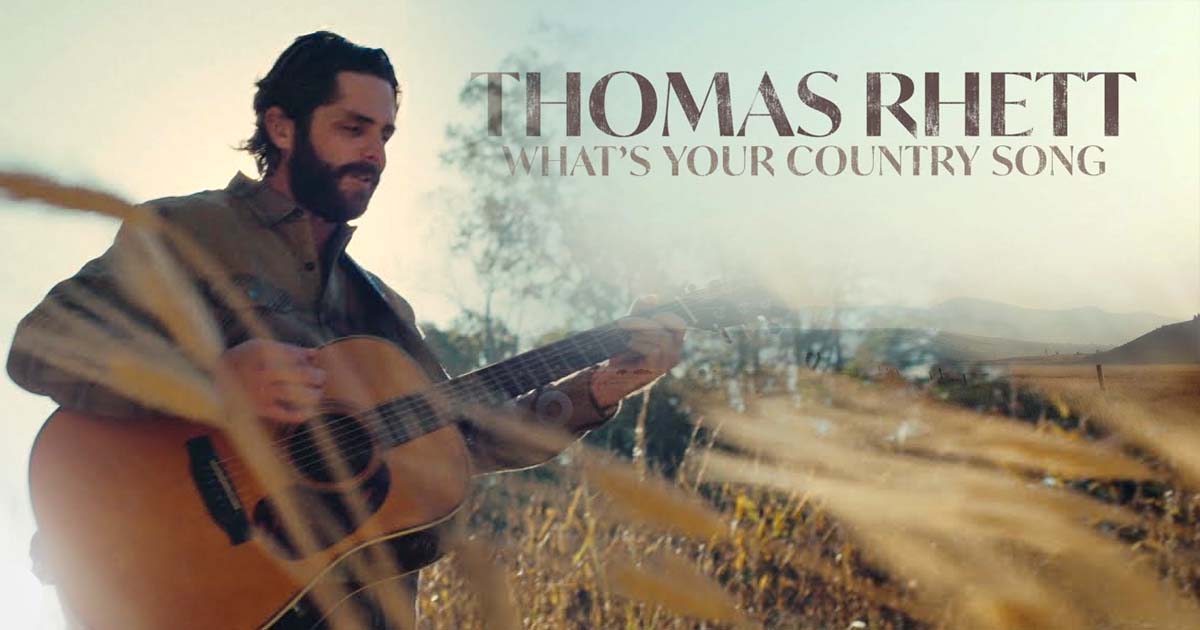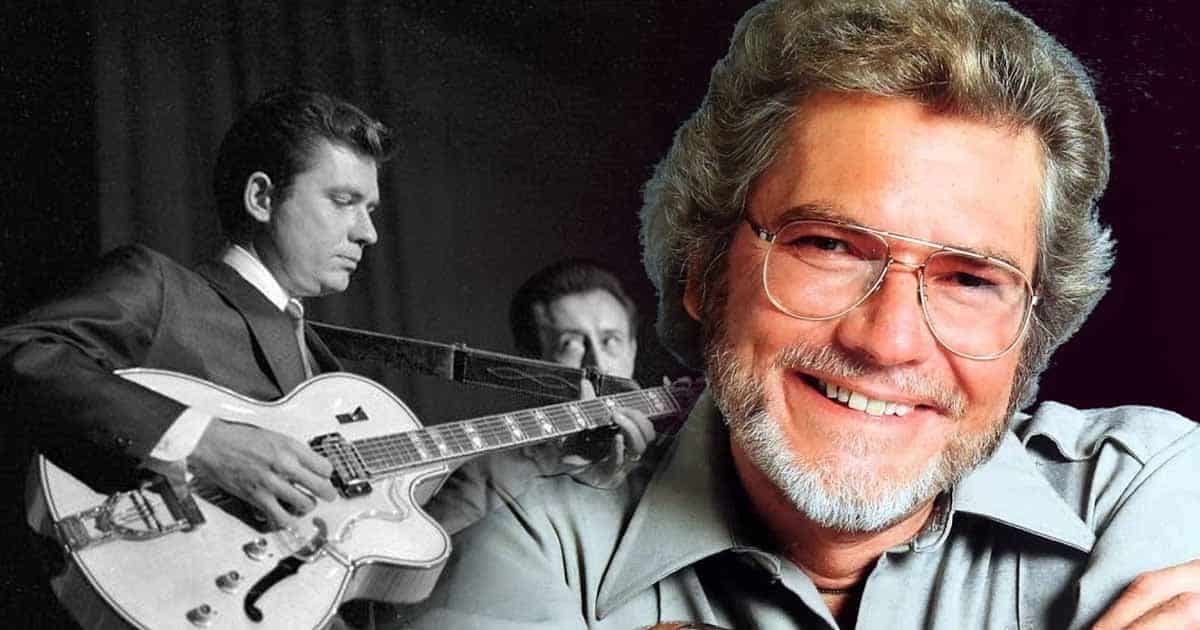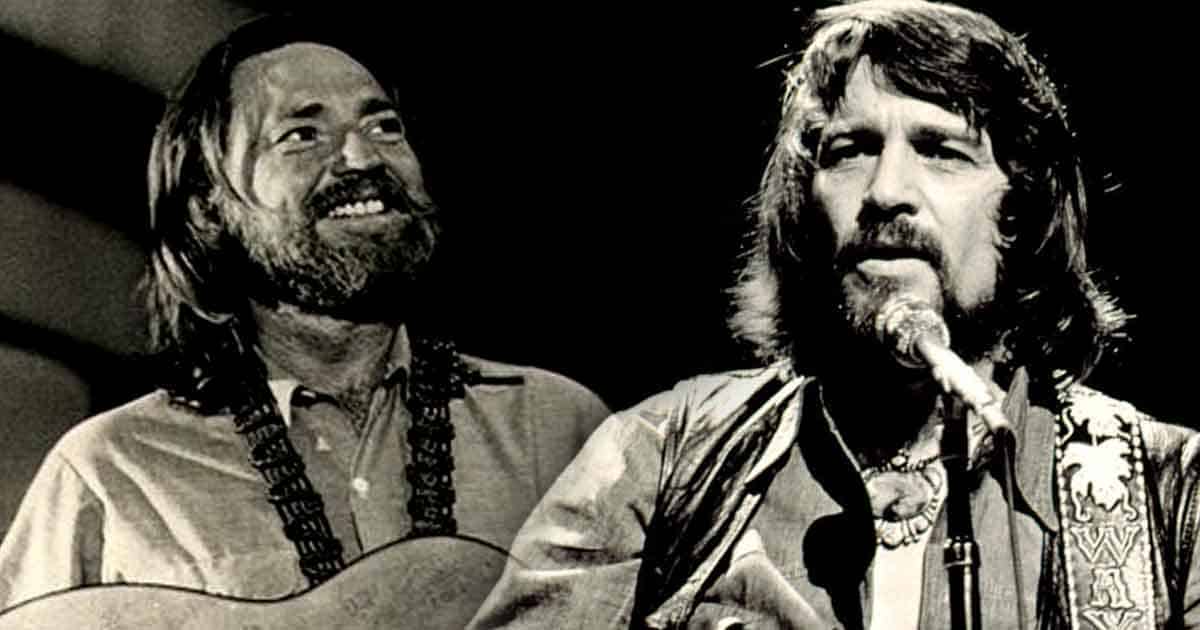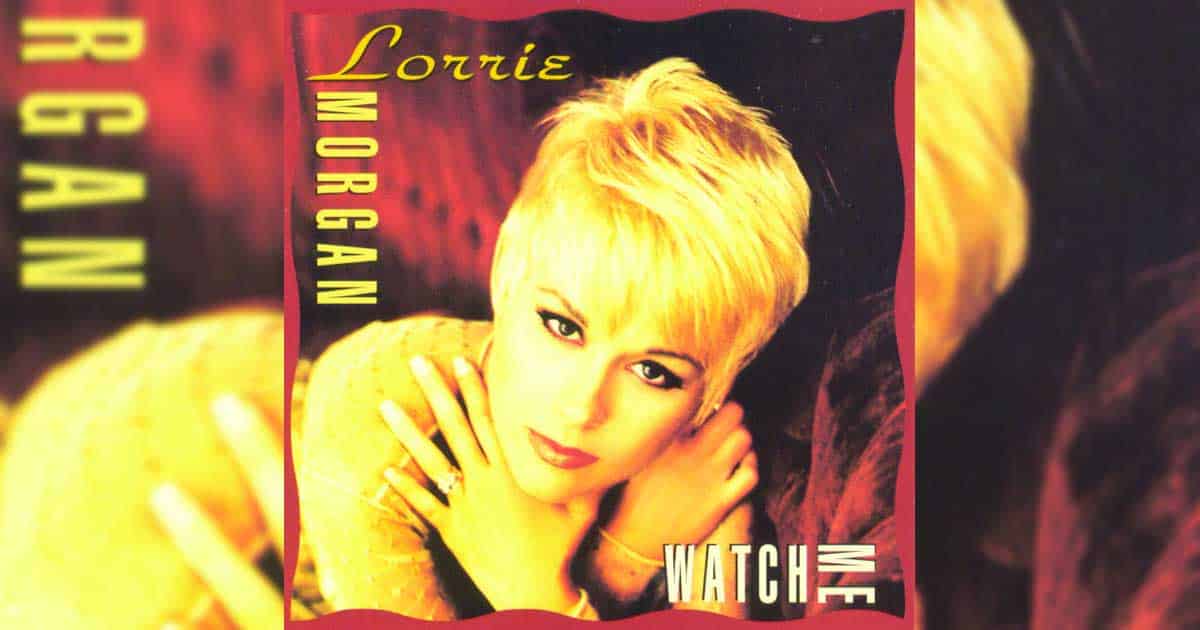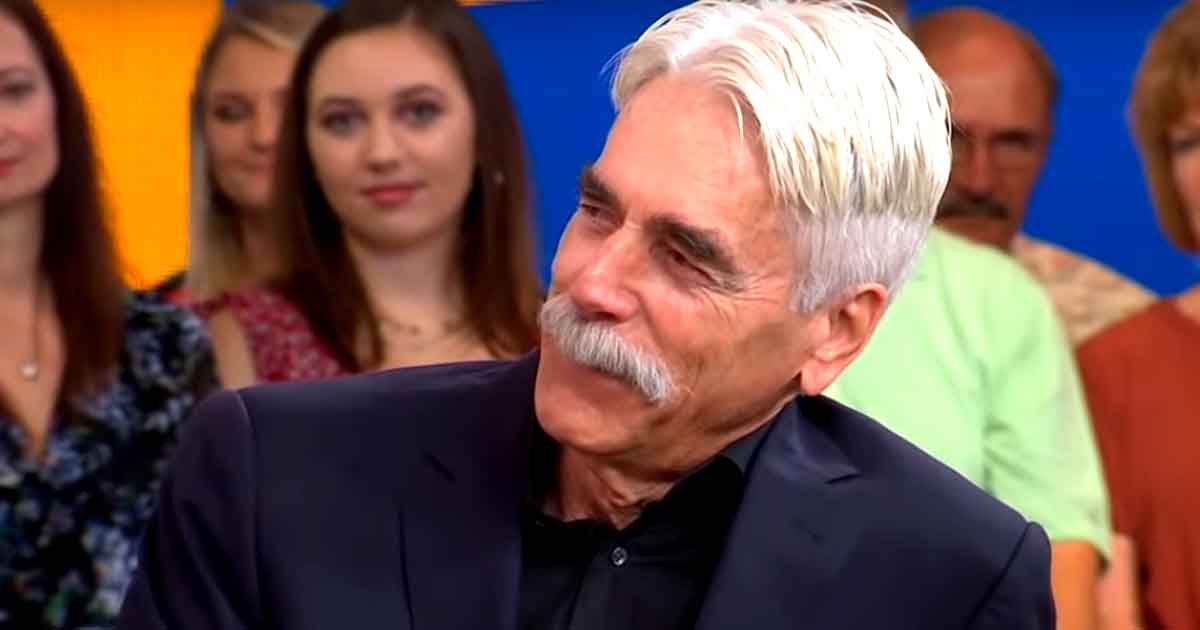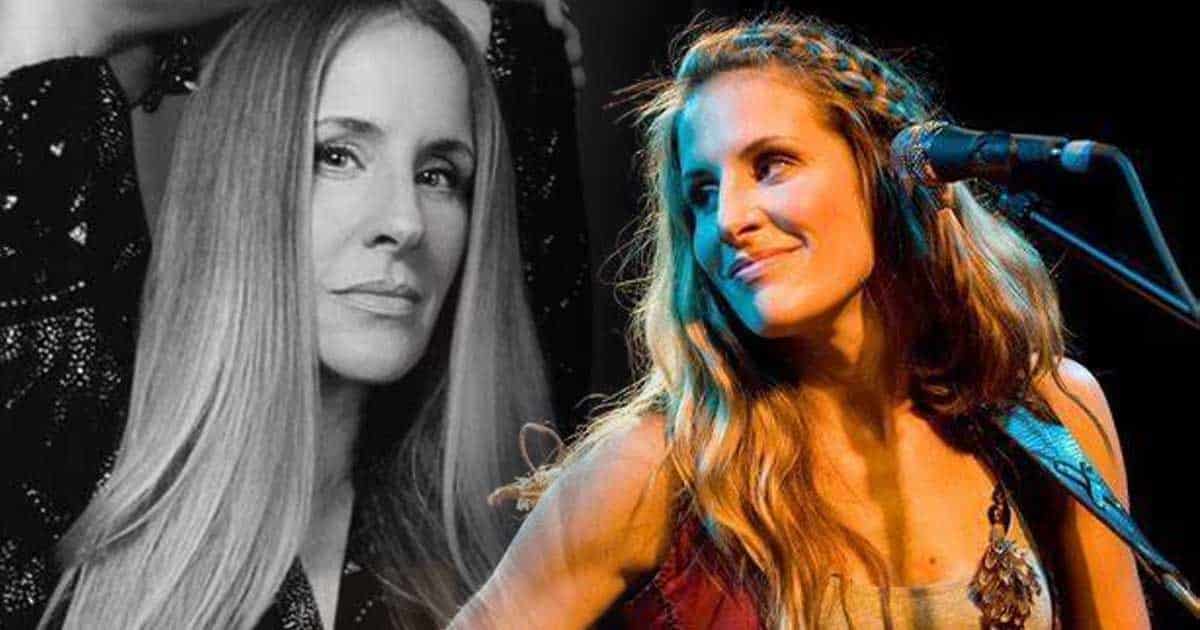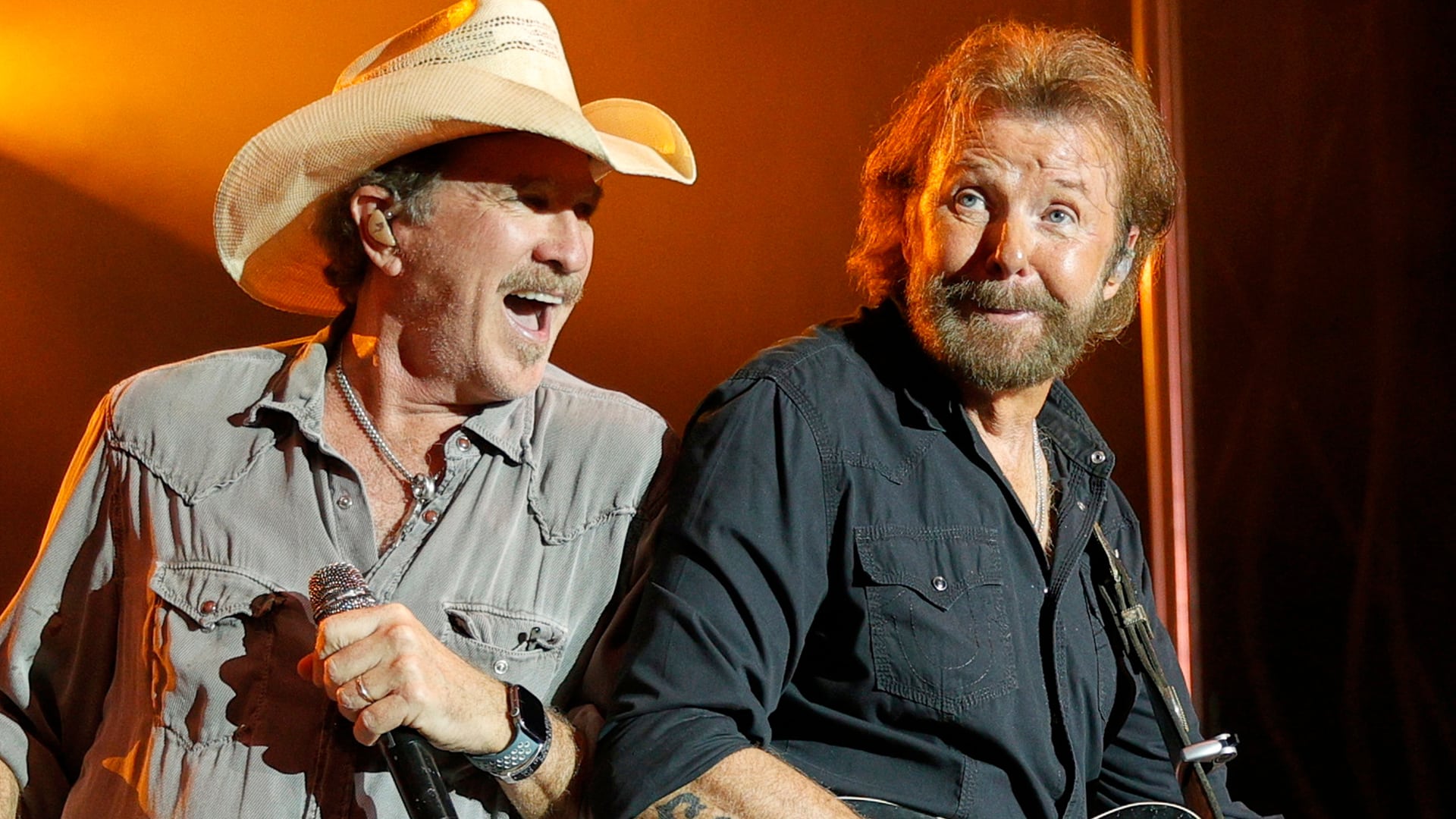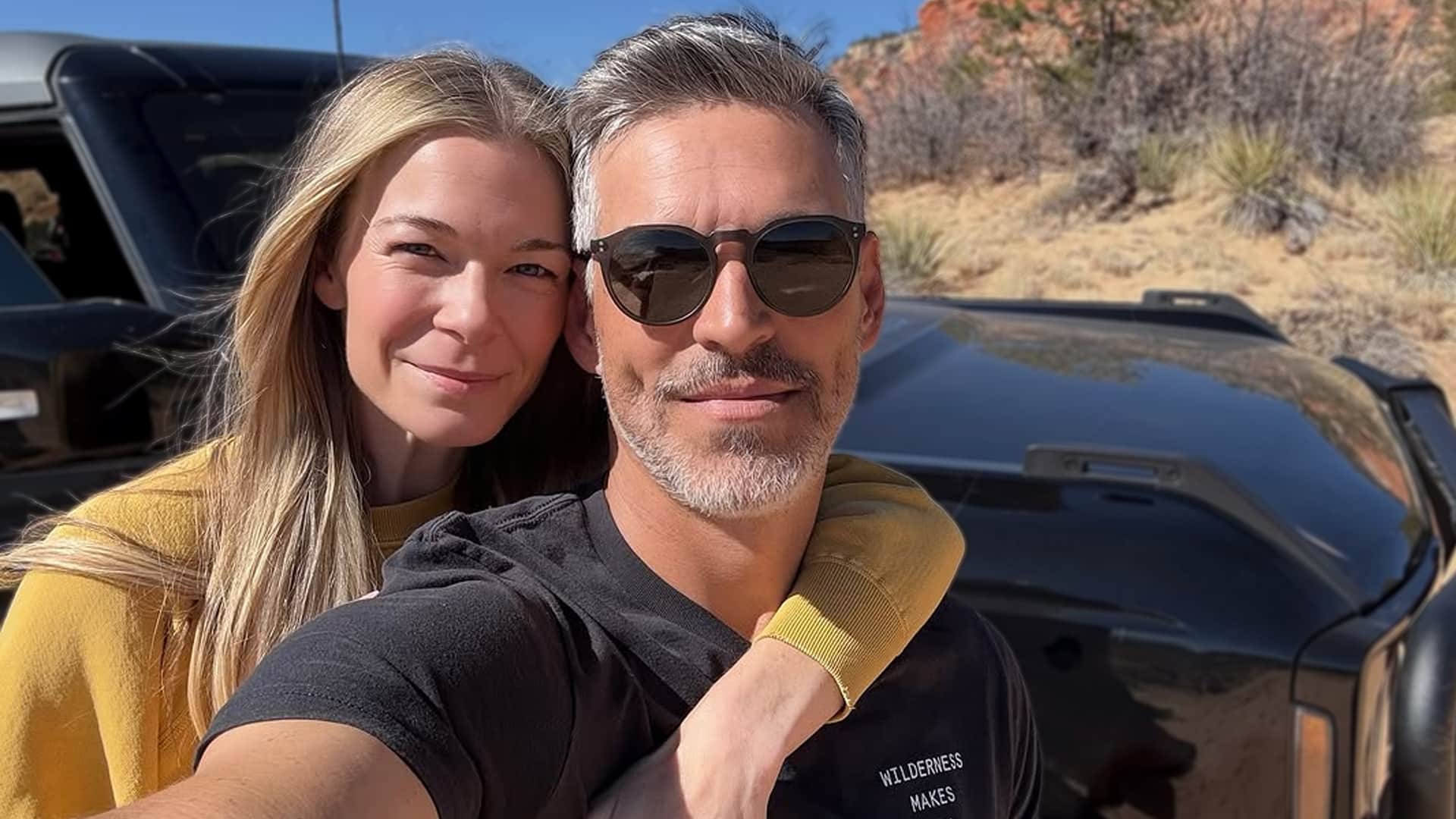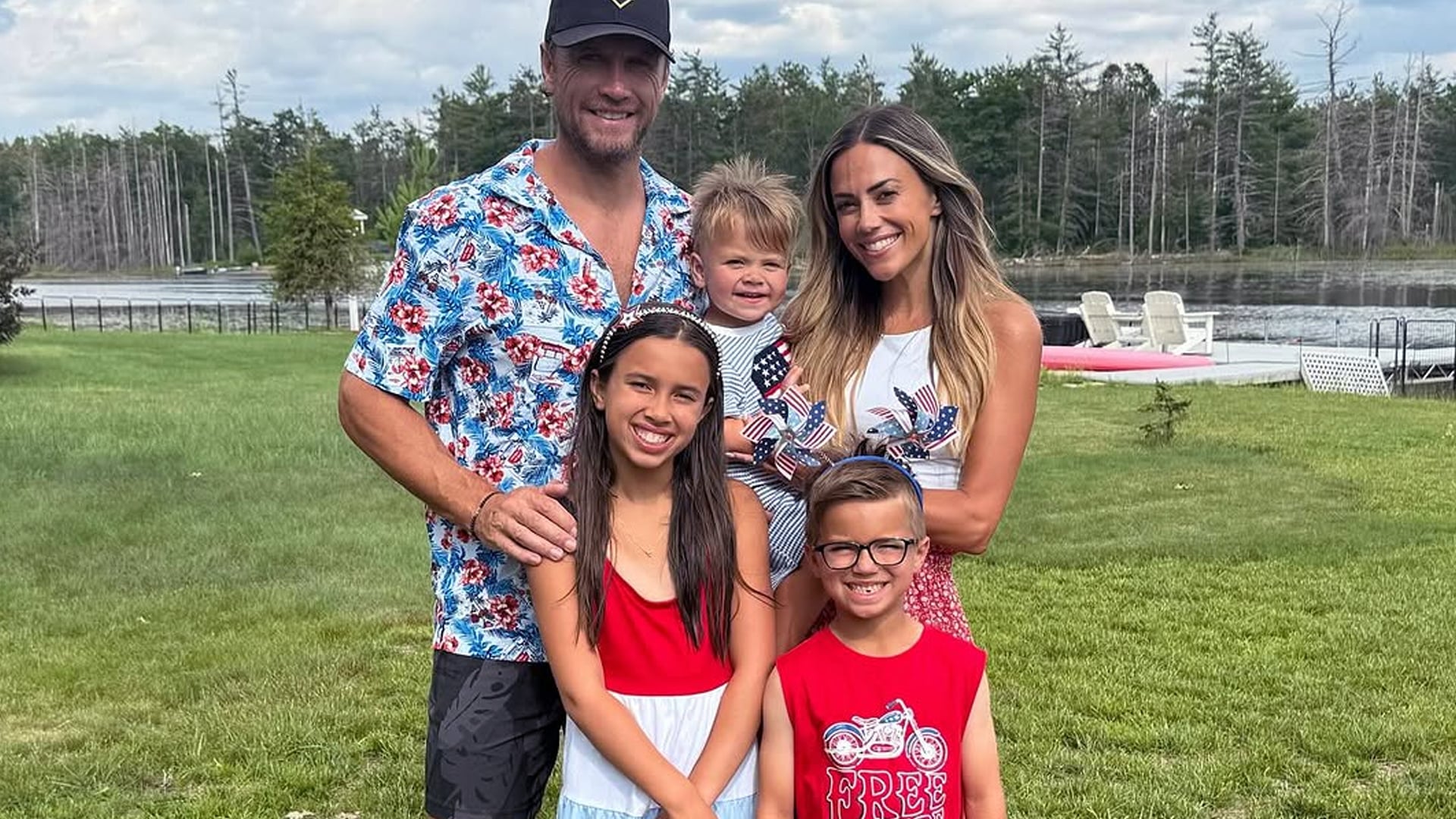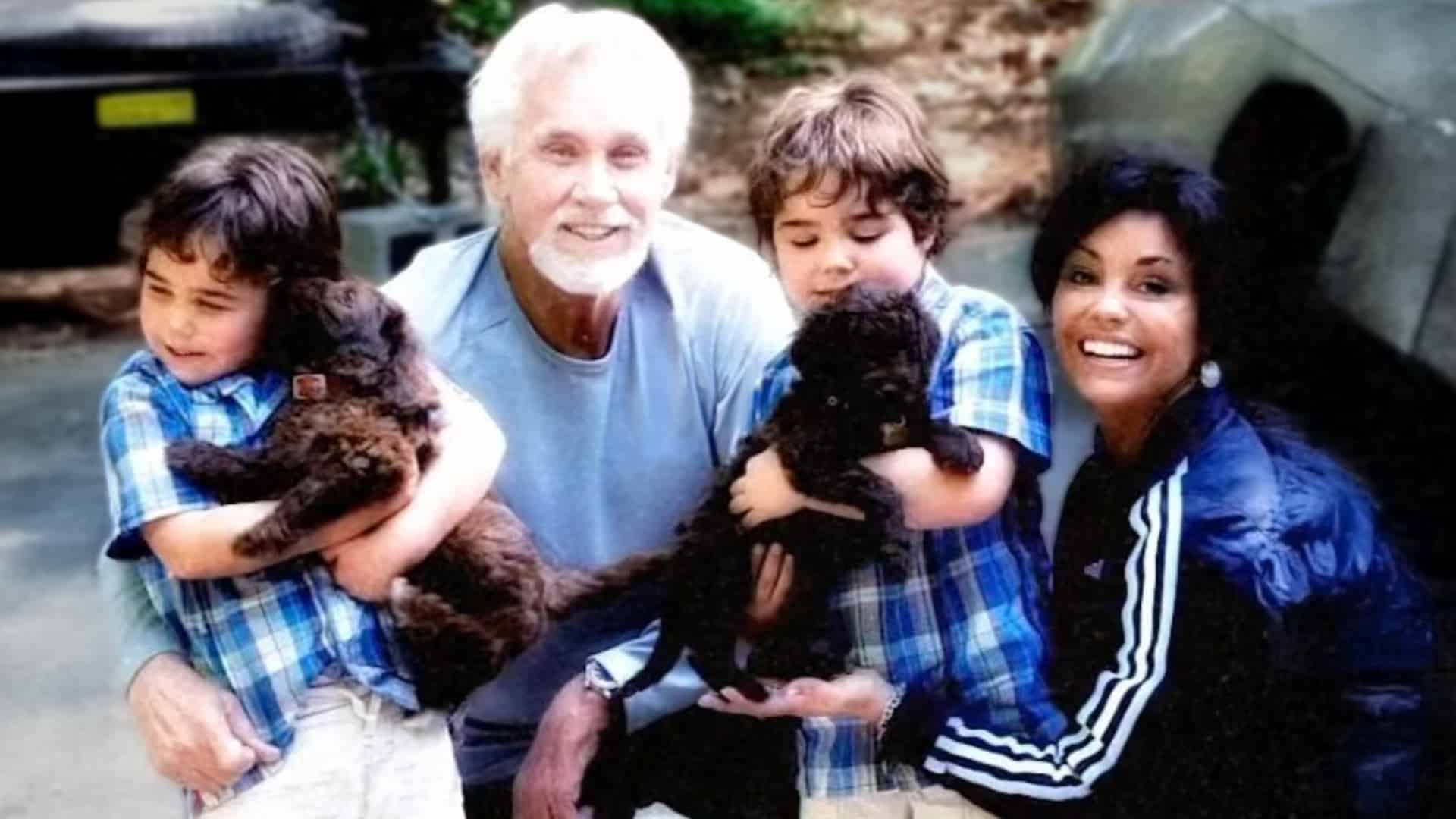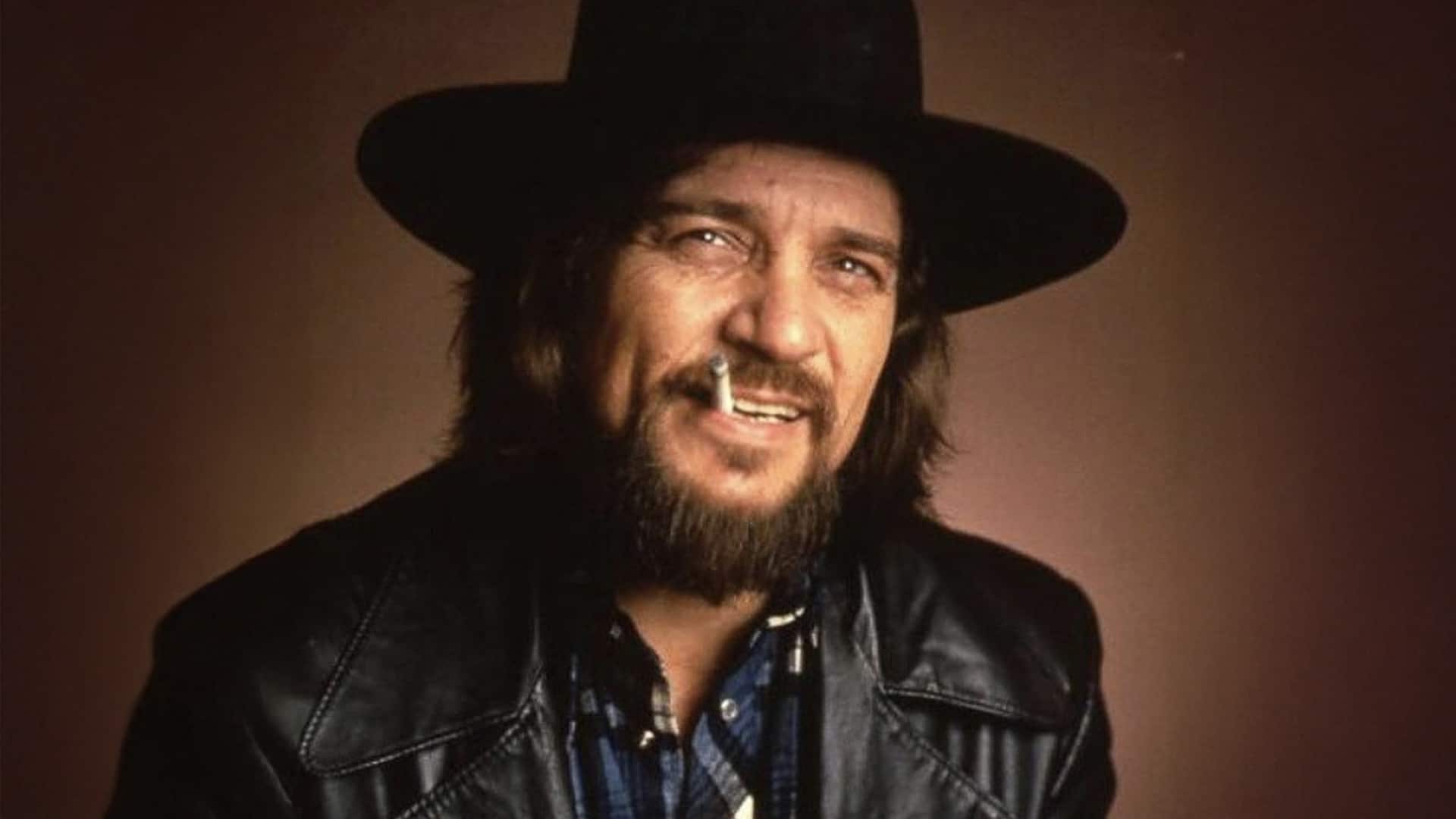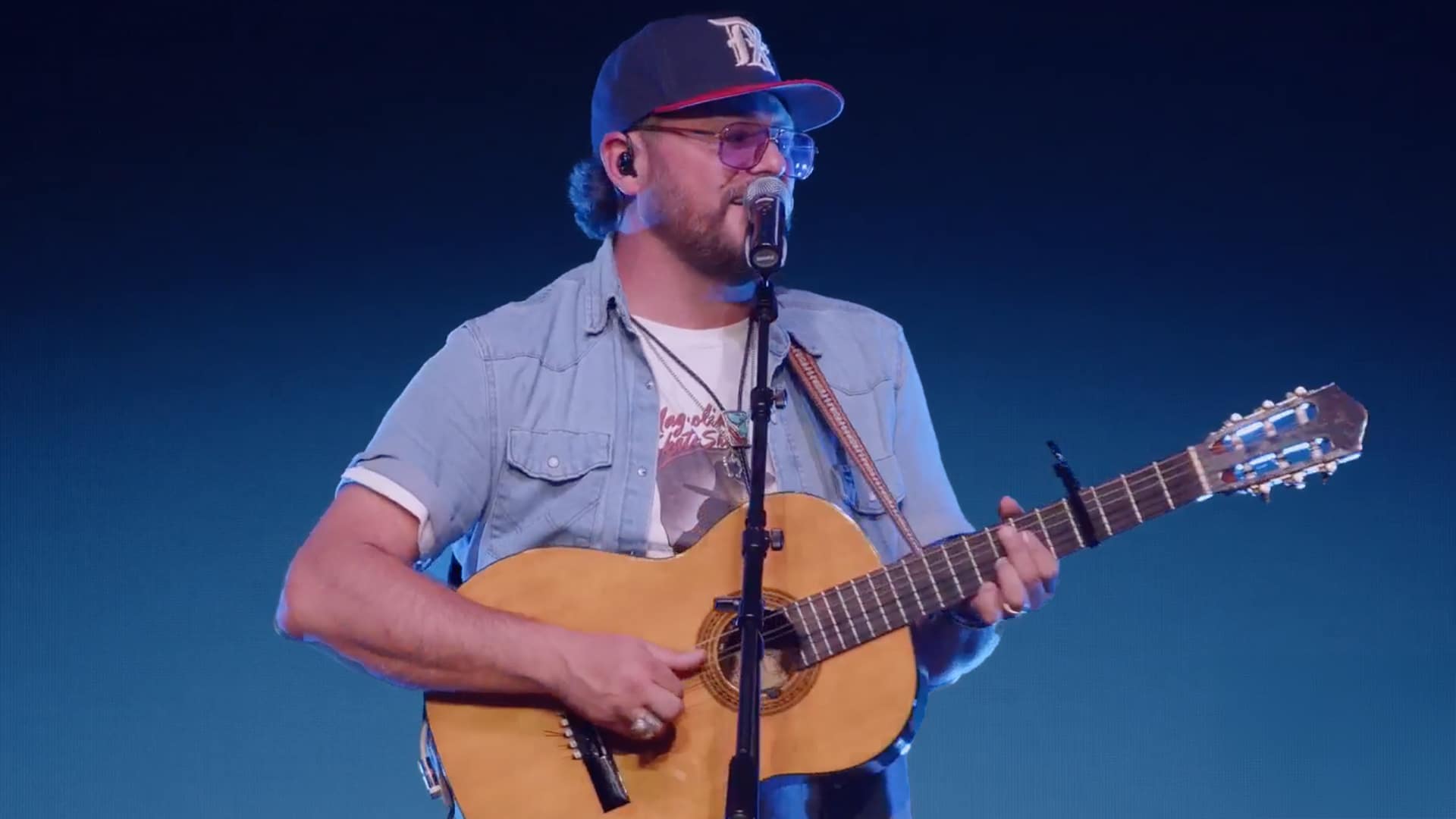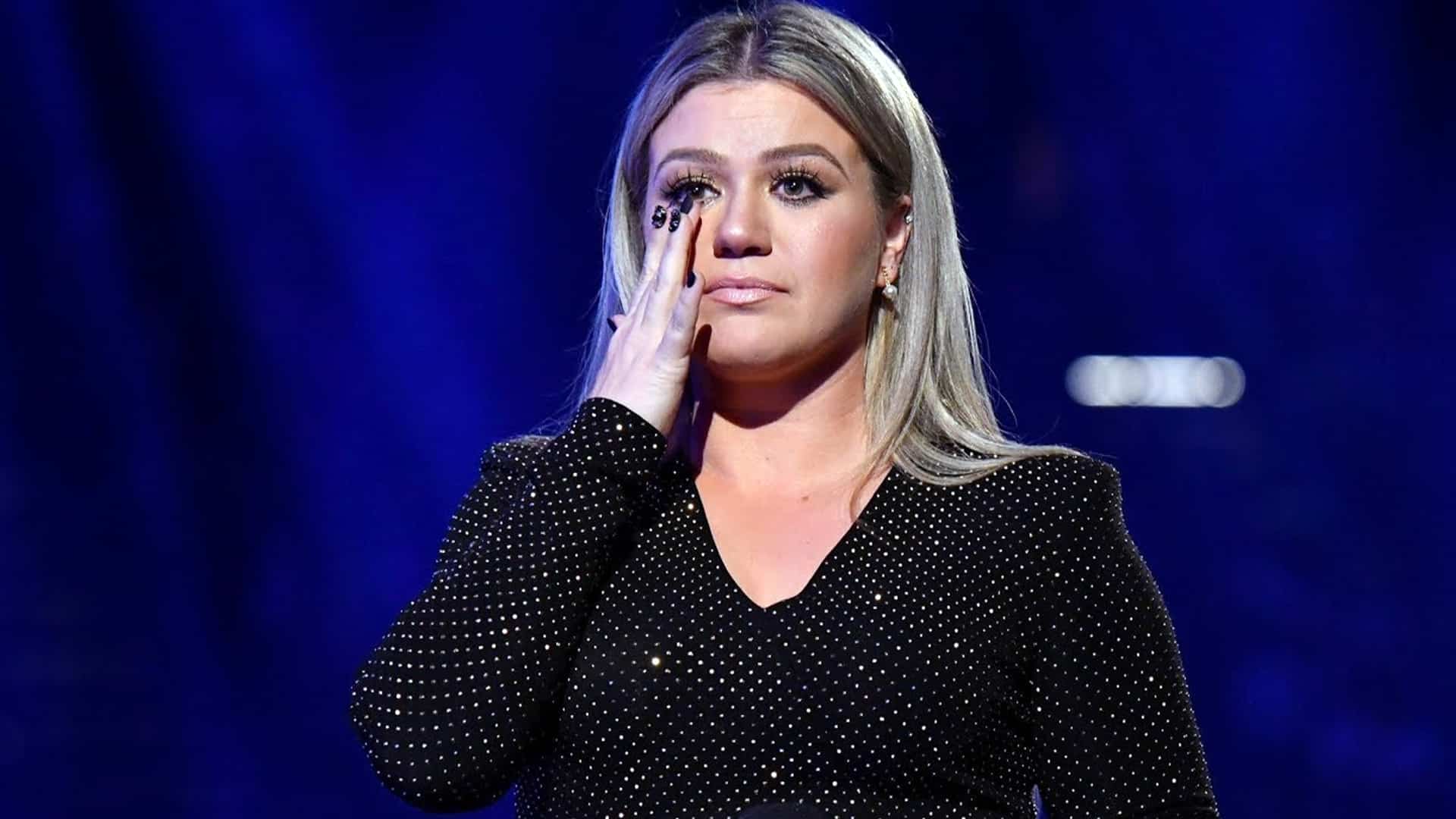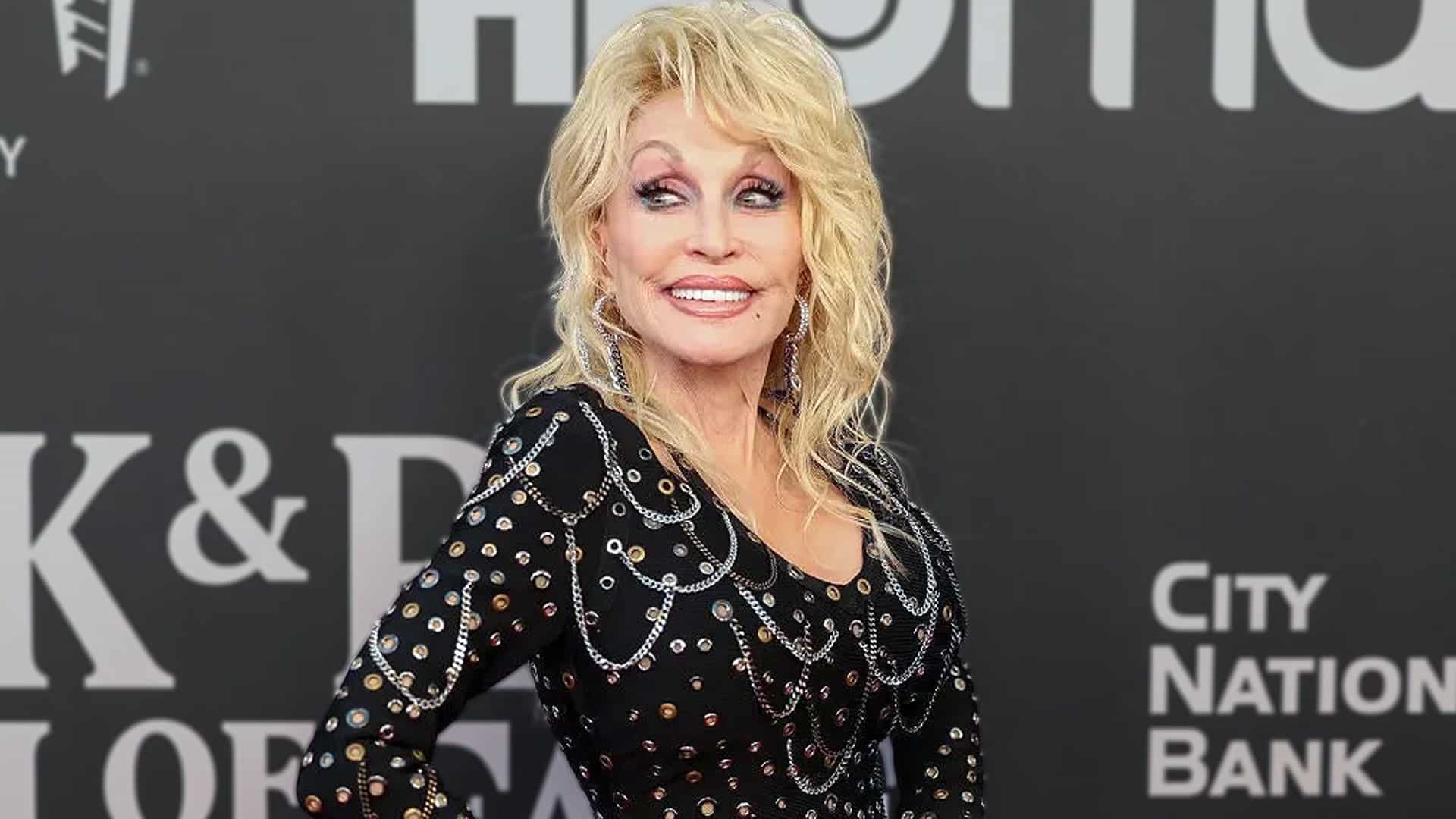At the very young age of twelve-years-old, Waylon Arnold Jennings started his road to fame. As a young boy, Jennings was already chasing his dreams, and nothing could get in his way. He scored a time spot on a Texas radio station, formed a band, and the rest is history! What he did not know back then is that he would become what some fans consider, a country music pioneer.
Let’s take a look back at the colorful career of the legendary Waylon Jennings.
How Did It All Started For the Country Legend
Born on June 15, 1937 to Lorene and William Jennings, the country singer was a mixture of Cherokee, Irish, and Dutch, with the original name of “Wayland” – which means land by the highway. Later on, his name was changed to Waylon, but not by his choice. In his autobiography, Waylon said, “I didn’t like Waylon. It sounded corny and hillbilly, but it’s been good to me, and I’m pretty well at peace with it right now.”
In 1958, Jennings got his first big break after some time creating jingles for the radio station. He was enlisted to tour with Buddy Holly and started his own climb to fame. But in an unfortunate event, Holly died in a plane crash where Jennings gave up his seat for what was supposed to be a flight to their next tour stop. That day would later become known as “The Day the Music Died,” but Jennings and his music were given a chance to live.
Jennings revealed the painful grief he felt following the deadly plane crash. “God Almighty, for years I thought I caused it,” he said. “I was just trying to figure out what to do with myself, you know? I was a completely changed person. I quit for a while—I wouldn’t even play a guitar, I wouldn’t pick it up.” Luckily, he found his way back to his love of music and moved forward with a new brand of tune.
The Momentum of Waylon Jennings’ Career Began
Waylon Jennings’ career finally kicked off in the 1970s when he joined what was known as the outlaw movement in country music. The movement formed in opposition to the Nashville sound style, which tried to diminish the honky-tonk influences of older country music.
Jennings joined the ranks of fellow outlaws and big country stars such as Merle Haggard, Hank Williams Jr., and Willie Nelson. They’ve released an endless number of hit singles and albums.
In the mid-1980s, Jennings and Nelson teamed up with Kris Kristofferson and Johnny Cash to form the country supergroup The Highwaymen. Through the course of their ten years together, the group successfully released a total of three studio albums and had three singles that made their way onto the charts, including the No. 1 hit, “Highwayman.”
In addition to his highly successful music career, Jennings also appeared in movies and on television. Indeed, his powerful voice, edgy sound, and no-nonsense personality made him the big star he is today.
His Music And Legacy Keep Moving Forward
During his career, Jennings had fifty-four albums chart, with eleven of them reaching No. 1. He also influenced many country music artists, including Hank Williams Jr. and Travis Tritt.
However, Jennings began to experience increased issues with diabetes that limited his mobility and kept him away from performing as much as he wanted. Jennings’ diabetes went on to worsen over the course of the next two years.
In 2002, Jennings died in his sleep due to complications with diabetes at the age of sixty-four. However, his music and legacy continue to move forward and influence many. He is missed dearly and will forever remain a country music idol!
Check out at some of Waylon Jennings’ best songs and performances below!

